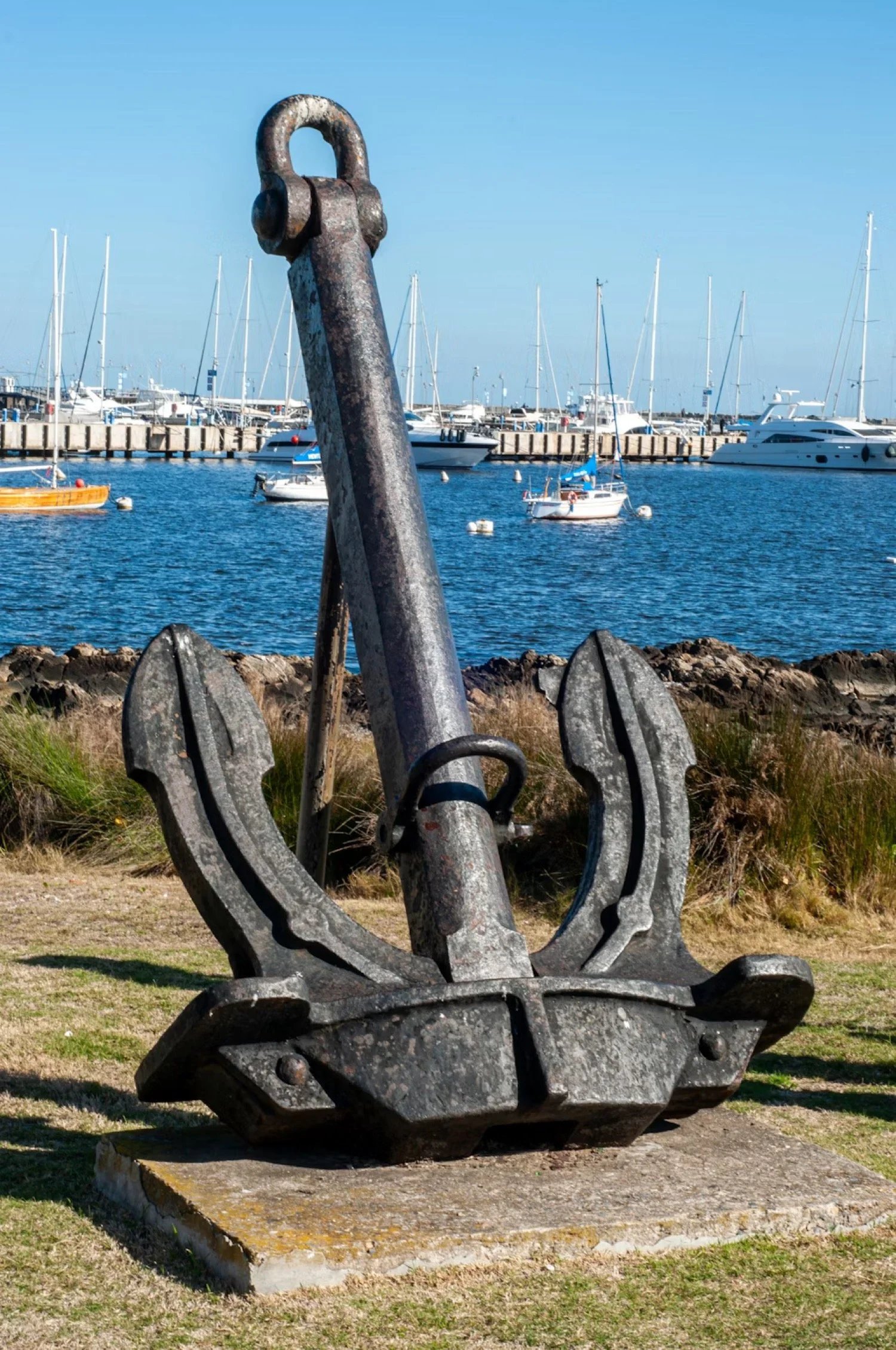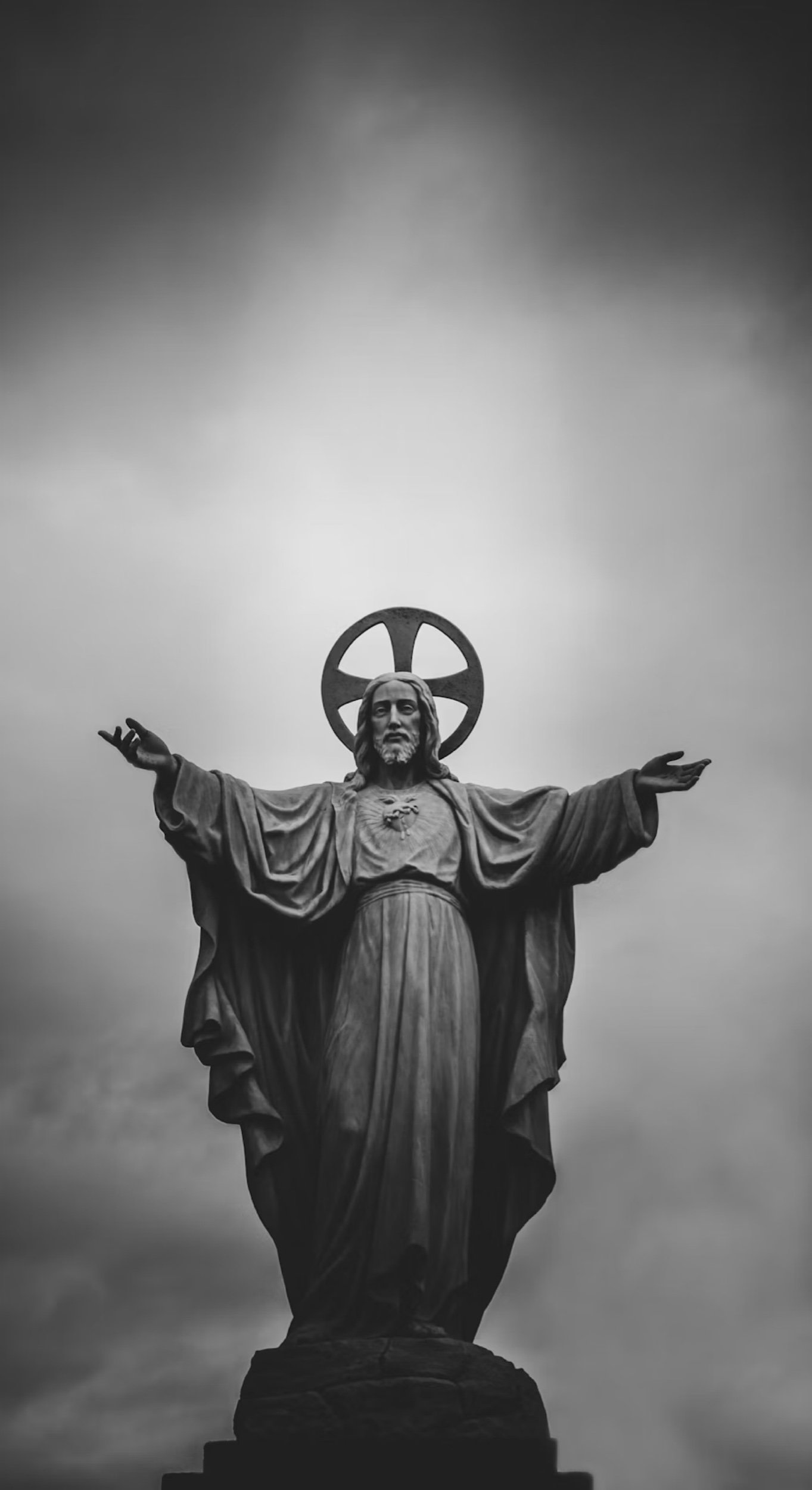Readings for today: Matthew 25-26, Psalms 93
I’ve been married almost thirty years but I can still remember my wedding like it was yesterday. No matter where you go in the world today, weddings are special, even sacred occasions. They are accompanied by all kinds of rituals and particular traditions. There are special traditions for the bride, special traditions for the groom, special traditions involving the family. When I got married, one of the things I had to do was meet with my future father-in-law to ask his blessing. It was an incredibly intimidating experience for me as a young man and he asked a lot of hard questions about how I would care for his daughter and provide for her. He knew I was planning on being a pastor and he was a very successful businessman at the time, making a lot of money. I had to tell him I wouldn’t be able to provide the kind of life he would want for his daughter but I promised she’d be happy. Then came the planning. There was a lot of it and it got very expensive very quickly but again, that’s the expectation in our country when it comes to weddings. You spare no expense. You buy flowers that die within the week. At the time, you hired an expensive photographer because we didn’t have iPhones to take good pictures. You might have a videographer as well so you had a video of your wedding that you supposedly will go back and watch. You’re expected to provide food and drink and music and a place to dance. You have toasts from the wedding party and parents. You have the dance between the father of the bride and his daughter and the mother of the groom and her son. Then you have the first dance between the bride and groom, the cutting of the cake, and the big send off. Then there’s the honeymoon. Another typically expensive affair, hopefully in an exotic locale. Again, all of these are rituals and traditions associated with weddings in our culture today.
What about in Jesus’ time? Back in the first century, the timing of a wedding was really up to the bridegroom’s father. When he was satisfied that his son had built his prospective bride a home that would uphold the family honor, he would set the date and time for the wedding. He would give permission to his son to then go get his bride and the groom would then gather the wedding party and make a big processional to his bride’s home. One can only imagine the excitement and joy in the community as they hear the music and dancing and laughter and celebration. One can only imagine the bride’s anticipation as she prepares herself for her future husband. A huge feast would be prepared by the groom’s family and the whole community would be invited to celebrate. Now a significant part of this ritual involved the bridesmaids or the “virgins” from the parable Jesus tells. They would have been staying with the bride all day long to help her prepare. And among the many jobs they had was to leave her at a certain point, light torches, and go out to meet the bridegroom and his party to escort them to meet the bride. The torches they carried were typically sticks wrapped in oil-soaked rags and they didn’t burn forever. So when they were about to go out, the bridesmaids would take new rags, soak them in oil, and wrap them around their torch to keep the fire burning. As you can imagine, the groom’s party was often delayed due to all the celebration. Everyone wanted to congratulate him and bless him and pray for him so the torches the bridesmaids carried might go out multiple times over the course of the evening as they waited for the groom to arrive. In the story Jesus tells, half the bridesmaids were foolish. They didn’t prepare well. They brought no oil with them so their torches went out while the other half did bring oil and were able to keep their torches burning. This created a sense of panic among those who had no oil. What would they do? Their mistake would bring shame on the bride and the groom and could mess up the whole ritual procession! So they rush off in search of more. But while they were gone, the bridegroom arrived for his bride and escorted her back to his family home where the feast was waiting and the door was shut. No more guests would be admitted. To admit them late after everyone had arrived would take attention away from the bride and groom and insult the host so they are left outside. And just as aside, these feasts would last for seven straight days so they didn’t just miss out on one night but the whole event.
So why does Jesus use the image of a wedding when talking about the Kingdom of heaven? Jesus knows what’s waiting for Him over the horizon in Jerusalem and He is trying to prepare His disciples for what’s to come. Though they do not know it yet, Jesus is pointing them beyond His death and resurrection to the timing of His second coming, when He, as the bridegroom, returns for His bride, the church. They don’t know anything about the church at this point, of course. As far as they know, the Kingdom of heaven and the kingdom of Israel are the same thing. That’s what they hear when Jesus talks about the kingdom and that’s what they’re expecting when they arrive in Jerusalem. They expect Jesus to take over King David’s throne, cleanse the Temple and re-establish the worship of the Living God, and overthrow the Romans and all the corrupt religious authorities. But Jesus has a different plan in mind. One that doesn’t involve political power or military might but His sacrificial death for all humanity. Though Jesus has been given all authority in heaven and on earth, He refuses to exercise it like a tyrant. He will not give into the devil’s temptation to take control of all the kingdoms of this world. No, Jesus submits to the will of His Heavenly Father. And this is why His Father creates the church as a bride adorned for her husband. He wants the world to see the beauty and glory and majesty of His Son, the bridegroom. He wants the world to wait in eager anticipation, just like the bride waits in eager anticipation, for her wedding day. He wants the nations to join in the celebration as He comes for His bride. He wants the whole world to be part of the feast His Father has prepared.
Readings for tomorrow: Matthew 27-28, Psalms 94




